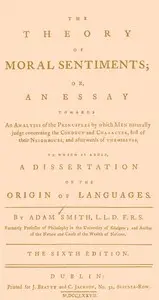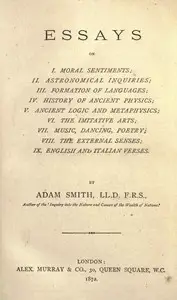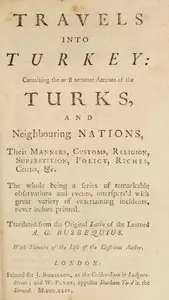"An Inquiry Into the Nature and Causes of the Wealth of Nations" by Adam Smith is a foundational work in political economy written in the late 18th century. This scientific publication delves into the principles governing economic wealth, focusing on how nations accumulate and distribute their resources. The book's core themes include the division of labour, the role of capital, and the natural laws that govern market economies, all of which laid the groundwork for modern economic thought. At the start of this influential text, Smith introduces the fundamental notion that a nation's wealth is derived from the productivity of its labour force. He emphasizes the importance of skill and the organization of work, setting the stage for a deeper exploration of how varying degrees of labour efficiency influence the overall wealth of a society. Additionally, Smith outlines the structure of the work itself, indicating that the initial discussions will center on the productivity of labour, while subsequent sections will discuss the nature of stock, the progress of wealth in different nations, and the implications of government policies on economic prosperity. This opening portion establishes the analytical framework through which Smith will explore the intricate relationships that shape a nation's economic landscape. (This is an automatically generated summary.)

An Inquiry Into the Nature and Causes of the Wealth of Nations
By Adam Smith
"An Inquiry Into the Nature and Causes of the Wealth of Nations" by Adam Smith is a foundational work in political economy written in the late 18th ce...
Adam Smith was a Scottish economist and philosopher who was a pioneer in the thinking of political economy and key figure during the Scottish Enlightenment. Seen by some as "The Father of Economics" or "The Father of Capitalism", he wrote two classic works, The Theory of Moral Sentiments (1759) and An Inquiry into the Nature and Causes of the Wealth of Nations (1776). The latter, often abbreviated as The Wealth of Nations, is considered his magnum opus and the first modern work that treats economics as a comprehensive system and as an academic discipline. Smith refuses to explain the distribution of wealth and power in terms of God's will and instead appeals to natural, political, social, economic, legal, environmental and technological factors and the interactions among them. Among other economic theories, the work introduced Smith's idea of absolute advantage.
















